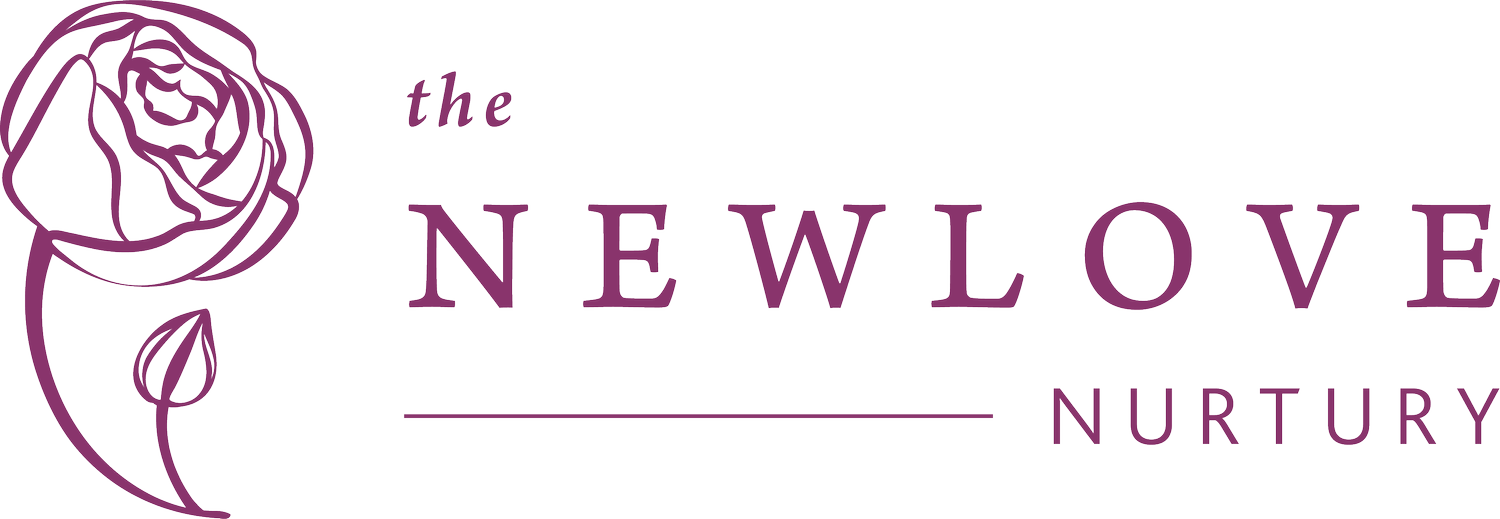Baby’s First 1,000 days
The First 1,000 Days: Nurturing Newborns for a Lifetime of Health
In the journey of parenthood, every moment with a newborn is precious and filled with wonder. But did you know that the first 1,000 days of a child's life are especially crucial? From the moment they are born, these early days set the stage for their lifelong health and development.
The Importance of the First 1,000 Days
The first 1,000 days, spanning from conception to a child's second birthday, are a critical window of opportunity. During this time, a baby's brain is rapidly developing, laying the foundation for learning, behavior, and health throughout their life. It's a time when every interaction, every cuddle, and every meal matters.
Key Milestones in the First 1,000 Days
1. Prenatal Development: Even before birth, a baby's brain and body are rapidly developing. Prenatal care, proper nutrition, and a healthy lifestyle are essential for supporting optimal growth and development.
2. Birth and Early Infancy: The first few weeks and months of life are filled with important milestones, from bonding with caregivers to developing motor skills and senses. Responsive caregiving, breastfeeding or formula feeding, and regular check-ups with healthcare providers are crucial during this time.
3. Nutrition and Growth: Proper nutrition is vital for supporting a baby's growth and development during the first 1,000 days. Breastfeeding provides essential nutrients and antibodies, while formula feeding can also support healthy growth. Introducing a variety of nutritious foods as the baby grows helps lay the foundation for healthy eating habits.
4. Language and Cognitive Development: Babies are constantly learning and absorbing information from their environment. Talking, singing, and reading to babies from an early age helps support language and cognitive development.
5. Social and Emotional Development: Building secure attachments with caregivers, experiencing love and affection, and learning to regulate emotions are all important aspects of social and emotional development during the first 1,000 days.
Early Interventions for Lifelong Health
Investing in early interventions during the first 1,000 days can have a profound impact on a child's lifelong health and well-being. Access to quality healthcare, early childhood education, and support services for families can help identify and address any developmental delays or health concerns early on, setting the stage for success in school and beyond.
Creating a Supportive Environment
Creating a supportive environment for newborns and their families is essential during the first 1,000 days. From prenatal care and childbirth education to postnatal support and parenting resources, ensuring that families have the tools and resources they need to thrive can make a world of difference.
Conclusion
The first 1,000 days of a child's life are a once-in-a-lifetime opportunity to shape their future. By investing in the health, nutrition, and development of newborns during this critical window of opportunity, we can unlock their full potential and set them on a path to a lifetime of health and happiness. As caregivers, educators, and advocates, let us come together to support newborns and their families during this transformative time.
-Tanya, APRN, NP-Bc
